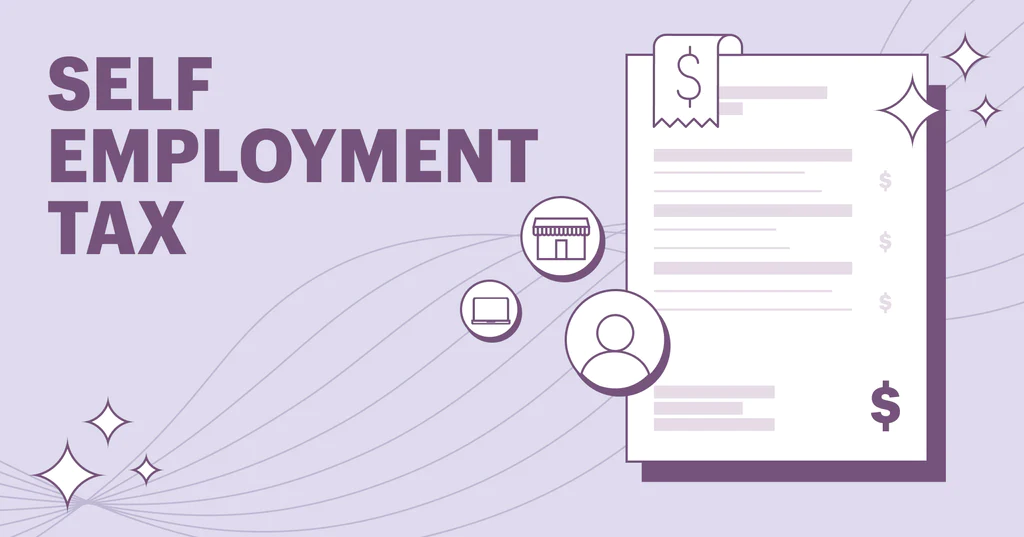In-depth Understanding of Self-Employment Taxes

You are responsible for paying self-employment taxes if you are self-employed. Self-employment taxes are a combination of Social Security and Medicare taxes that are calculated on your net self-employment earnings. The following are the fundamentals of self-employment taxes:
What exactly are self-employment taxes?
Self-employment taxes are federal taxes that self-employed individuals must pay. These taxes go towards the Social Security and Medicare programs.
Who is required to pay self-employment taxes?
You must pay self-employment taxes if you are self-employed and earn more than $400 in net earnings from self-employment.
How do self-employment taxes work?
Self-employment taxes are calculated based on your net self-employment earnings. Your net earnings are your total self-employment income less any allowable business deductions.
Currently, the self-employment tax rate is 15.3% (12.4% for Social Security and 2.9% for Medicare). However, you can deduct half of your self-employment taxes on your income tax return, bringing your effective self-employment tax rate down to 7.65%.
When must you pay self-employment taxes?
Self-employment taxes are typically due quarterly. These quarterly payments are due on April 15, June 15, September 15, and January 15 of the following year.
How do self-employment taxes work?
Self-employment taxes are calculated based on your net self-employment earnings. Your net earnings are your total self-employment income less any allowable business deductions.
Currently, the self-employment tax rate is 15.3% (12.4% for Social Security and 2.9% for Medicare). However, you can deduct half of your self-employment taxes on your income tax return, bringing your effective self-employment tax rate down to 7.65%.
When must you pay self-employment taxes?
Self-employment taxes are typically due quarterly. These quarterly payments are due on April 15, June 15, September 15, and January 15 of the following year.
Similar posts you may like..
What is the formula for calculating self-employment taxes?
Self-employment taxes are calculated using your net self-employment earnings. Your net earnings are the sum of your self-employment earnings less any allowable business deductions.
The current rate of self-employment taxation is 15.3% (12.4% for Social Security and 2.9% for Medicare). You can, however, deduct half of your self-employment taxes on your income tax return, lowering your self-employment tax rate to 7.65%.
When are self-employment taxes due?
In most cases, self-employment taxes are due quarterly. These quarterly payments are due on April 15, June 15, September 15, and January 15 of each year.
What if you fail to pay self-employment taxes?
You may face penalties and interest charges if you fail to pay your self-employment taxes. The IRS can also take legal action to collect unpaid taxes, such as putting a lien on your property or garnishing your wages.
How should self-employment taxes be reported?
Schedule SE is used to report self-employment taxes on your federal income tax return. This form calculates your self-employment tax and allows you to deduct half of it from your income.
Finally, self-employment taxes are an important aspect of working for yourself. Understanding how self-employment taxes work, as well as how to calculate and pay them, is essential for remaining in compliance with the IRS and avoiding penalties and interest charges.